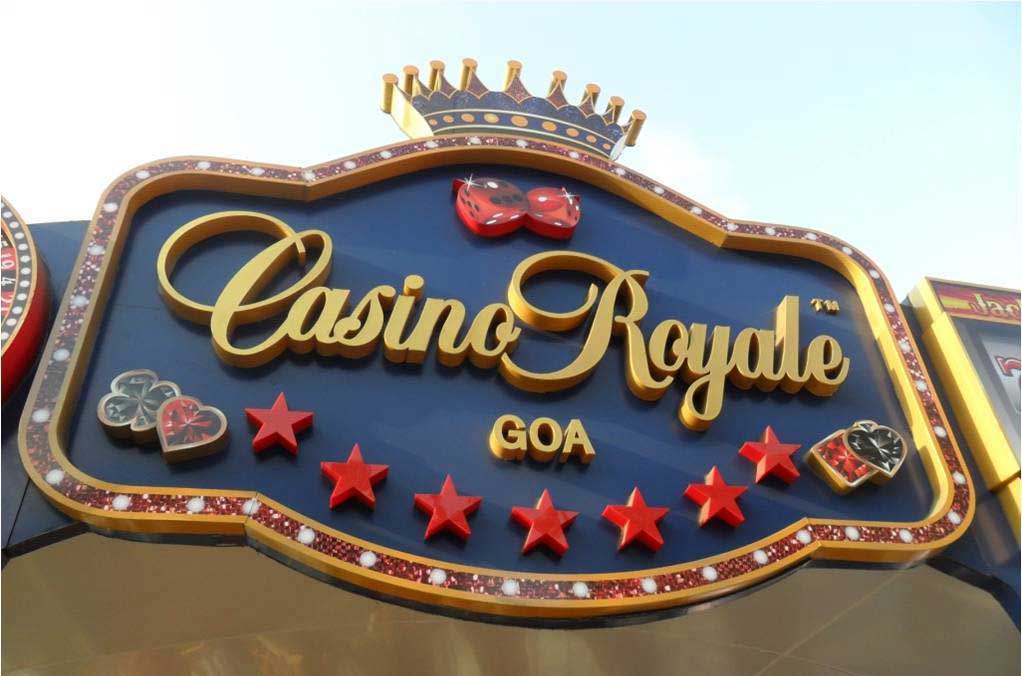
Concerns over the rise in online gambling in India during lockdown have led to some states implementing complete bans.
So far, the governments of Andhra Pradesh, Tamil Nadu, and Telangana have banned all forms of online gambling within their territories. The state of Karnataka is yet to make a decision on whether to follow suit.
ADVERTISEMENT
As in America and other large countries, India is divided into 28 states and eight Union territories, with each state having its own government and laws, operating alongside the central government.
The Indian Constitution gives each state the right to make laws with regards to betting and gambling. Andhra Pradesh already employed fairly strong restrictions against gambling but has now elected to close the loophole that allowed games such as Rummy and Poker which are deemed to be games of skill rather than chance. At the time of writing, there is nothing in Indian gambling law to prohibit the use of overseas sites in any other state.

The Public Gaming Act of 1867 initially applied to the ten states which were then under British rule. However, it now applies to any state which does not have its own betting and casino laws. Here, gambling is deemed illegal but Section 12 of the Public Gambling Act states: “Act not to apply to certain games. Nothing in the foregoing provisions of this Act contained shall be held to apply to any game of mere skill wherever played.”
It is this loophole that has allowed gambling to flourish in more progressive states such as Sikkim and Goa. Both states are home to land-based casinos in five-star hotels, while Goa also operates five casino cruises on the Mandovi River.
ADVERTISEMENT

As in other countries with restrictive gambling laws, overseas gambling is not illegal, unless clearly stated as in the case of the aforementioned states.
With a population exceeding 1 billion, India is a huge market for online casinos. The increase in mobile connectivity over the last couple of years has also led to many more Indians playing at online casinos. As such, many international online casinos are increasingly accepting Indian rupees (INR) as currency. The rise in cryptocurrencies and online exchange and transfer applications also means players can continue to use international casinos despite bans on credit cards.

It seems unlikely that all states in India will ban online gambling, particularly with regards to overseas sites. However, it is best to ensure you are fully up-to-date with the laws in each state, as should that time arise, international casinos will have no choice but to prohibit Indian players from accessing their sites.
In the meantime, players should be fine using overseas online casinos, so long as they stick to Indian rupees or e-wallets. Likewise, the casinos themselves just need to ensure that all financial transactions are processed either in rupees or via e-wallets, to ensure they do not fall foul of India’s Foreign Exchange laws.
ADVERTISEMENT











